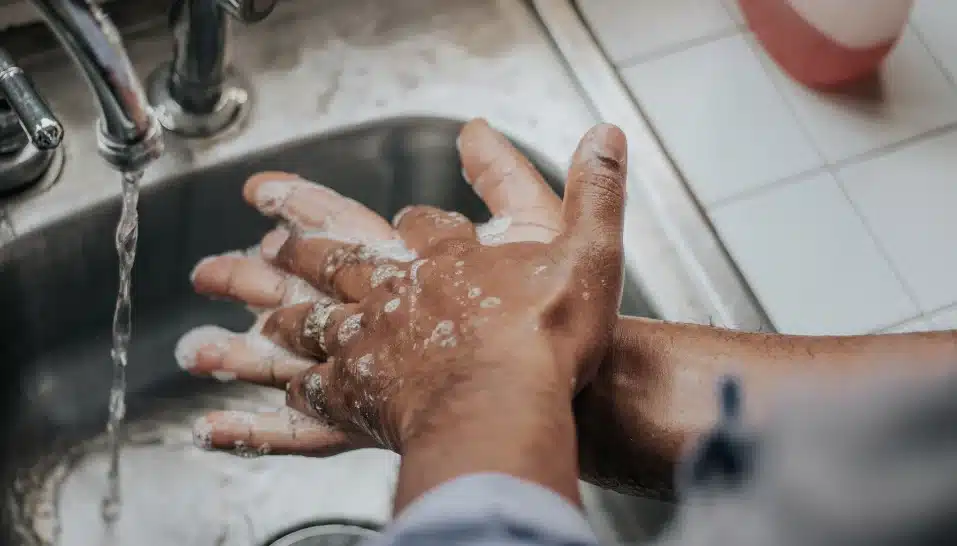Excessive cleaning kills the microbial life around and on us. Microbes protect us by competing with the infectious and harmful ones.
Since the onset of the COVID-19 pandemic, people have become increasingly paranoid about cleanliness. There is a growing tendency to purchase the strongest – and perhaps costliest – cleaning products, with taglines like ‘kills 99.99% germs’ and ‘kills novel coronavirus’.
However, it’s important to understand that excessive cleanliness can costs us our health. Excessive cleaning kills the microbial life around and on us. Microbes protect us by competing with the infectious and harmful ones. At the same time, other microbes around us train our immune system to fight against pathogenic organisms.
Simply put, we exist thanks to a constellation of microorganisms around, on, and within us. In fact, human life is impossible without these microbes. These include beneficial or harmless viruses, and bacteria, among many other microscopic creatures.
It is known for long that reduced exposure to microbes naturally present around us carries a risk of allergic infections. An observation among rural versus urban children supports this fact. Microbes present in the soil are likely to gain entry through feet, hands, eyes, nostrils or any opening of the body, when children play in areas naturally containing soil and plants.
These microbes educate the immune system to fight against infectious organisms, particularly, respiratory infections. Children brought up in towns or those who are habituated to be ‘excessively clean’ are reported to have an untrained immune system that could overreact to pollen, animal urine, or dander, whenever the body is exposed to these factors.
Hand hygiene is another related subject. The pandemic has seen an unprecedented surge in the use of hand sanitizers. Hand sanitizers contain ethanol or isopropanol at a concentration that is enough to kill most organisms that normally live on our skin.
Additionally, these sanitizers cause dryness and leave the skin flaky and itchy. Events of accidentally drinking hand sanitizers have also been reported during the pandemic. Sanitizers can also be toxic to small children, even if consumed in minor amounts.
So, here’s the key question: How much cleanliness do we really need? It’s good to follow routine cleaning practices; visibly dirty surfaces, utensils and towels should certainly be cleaned regularly. For optimal hand hygiene, washing your hands for 20 seconds with soap and water should suffice. In a nutshell, it is good to keep things clean, but overdoing it could be harmful for your health.
(The author is a science communicator and member of First Check.)

















